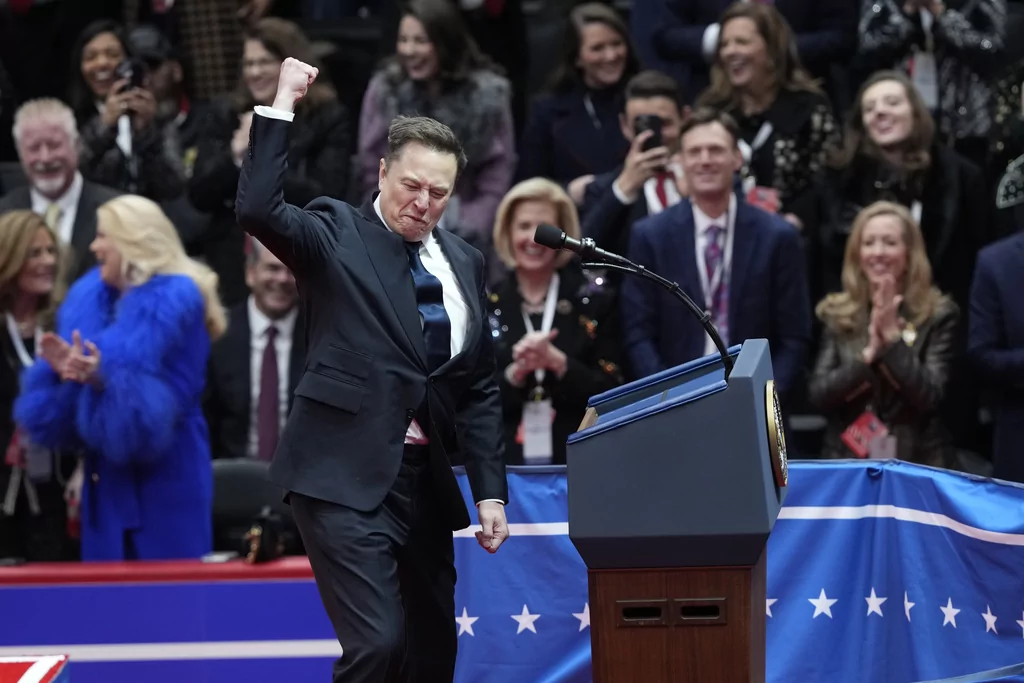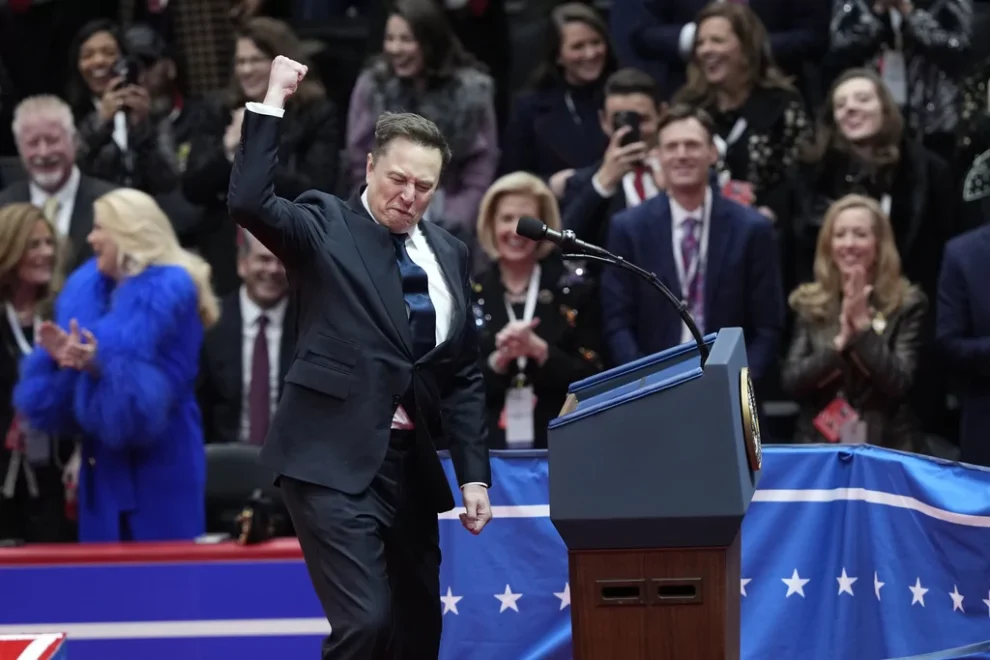Although the Department of Government Efficiency announced this week that it has saved American taxpayers $55 billion, data reporting procedures at the federal government make it impossible to know precisely how many taxpayer dollars DOGE has actually saved.
Critics quickly accused DOGE of inflating the value of contracts it deemed wasteful after the office claimed Wednesday on its website that the agency saved $55 billion through “a combination of fraud detection/deletion, contract/lease cancellations, contract/lease renegotiations, asset sales, grant cancellations, workforce reductions, programmatic changes, and regulatory savings.”
In its calculations, however, DOGE appears to have incorrectly assumed that government contracts always pay out their full ticket amount.
DOGE determines how much it saves when canceling individual contracts by subtracting the “total contract value” on procurement documents from the amount the federal government has already spent on the contract. It assumes that all of this leftover funding would necessarily be paid out to contractors, which is not always the case. The total contract value includes all “options” available to the federal government, which refer to additional costs that the government may choose to take as part of the contract for additional goods or services. Federal agencies do not always exercise these options.
Given this, the amount of money DOGE claims to have saved by canceling a given contract or grant is actually the maximum amount that could have possibly been saved by cutting it. But the savings could also be far less. And the New York Times reported that the office wrongly listed an $8 million contract it canceled as an $8 billion one, padding the topline savings figure DOGE trumpeted this week.

CLICK HERE TO READ MORE FROM THE WASHINGTON EXAMINER
Further muddying the waters, DOGE claimed to have saved $8 billion by canceling a diversity-related Department of Homeland Security professional services contract. The agency later revised the figure down to $8 million after a social media user pointed out that DOGE’s figure did not match government documents. But DOGE did not revise down its topline savings figure, of which the DHS contract was originally a significant part.
Additionally, DOGE’s deficit reduction could be brought down by a fifth if Musk’s plan to return 20% of the agency’s savings to Americans in the form of a tax refund check is enacted by the government.
Musk claimed the “DOGE dividend” could ultimately provide American households with $5,000 each. However, budget experts have questioned whether the checks could even come close to providing that amount given how ambitious Musk’s goal of slashing $2 trillion is.
The White House did not respond to a request for comment.
























